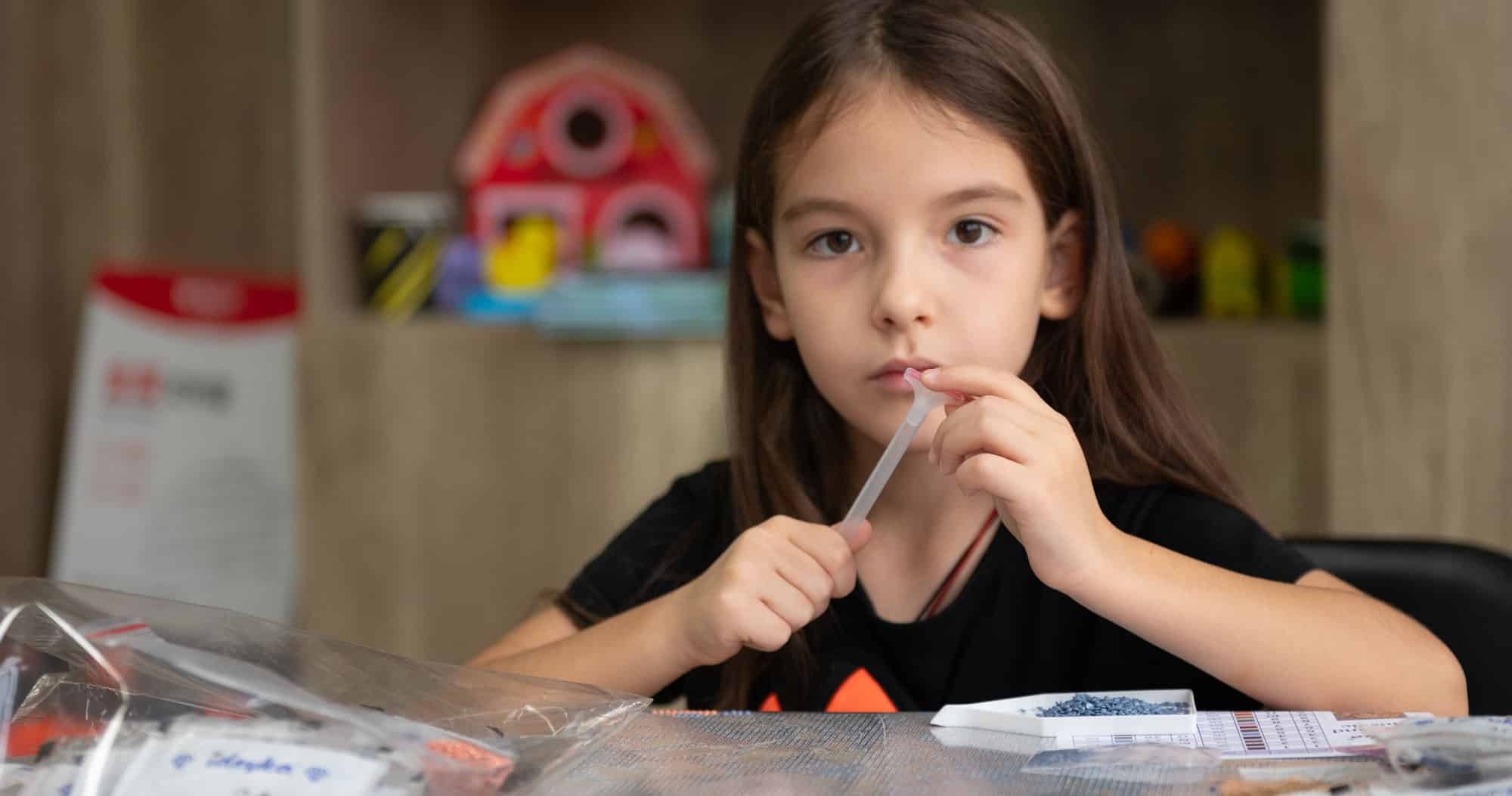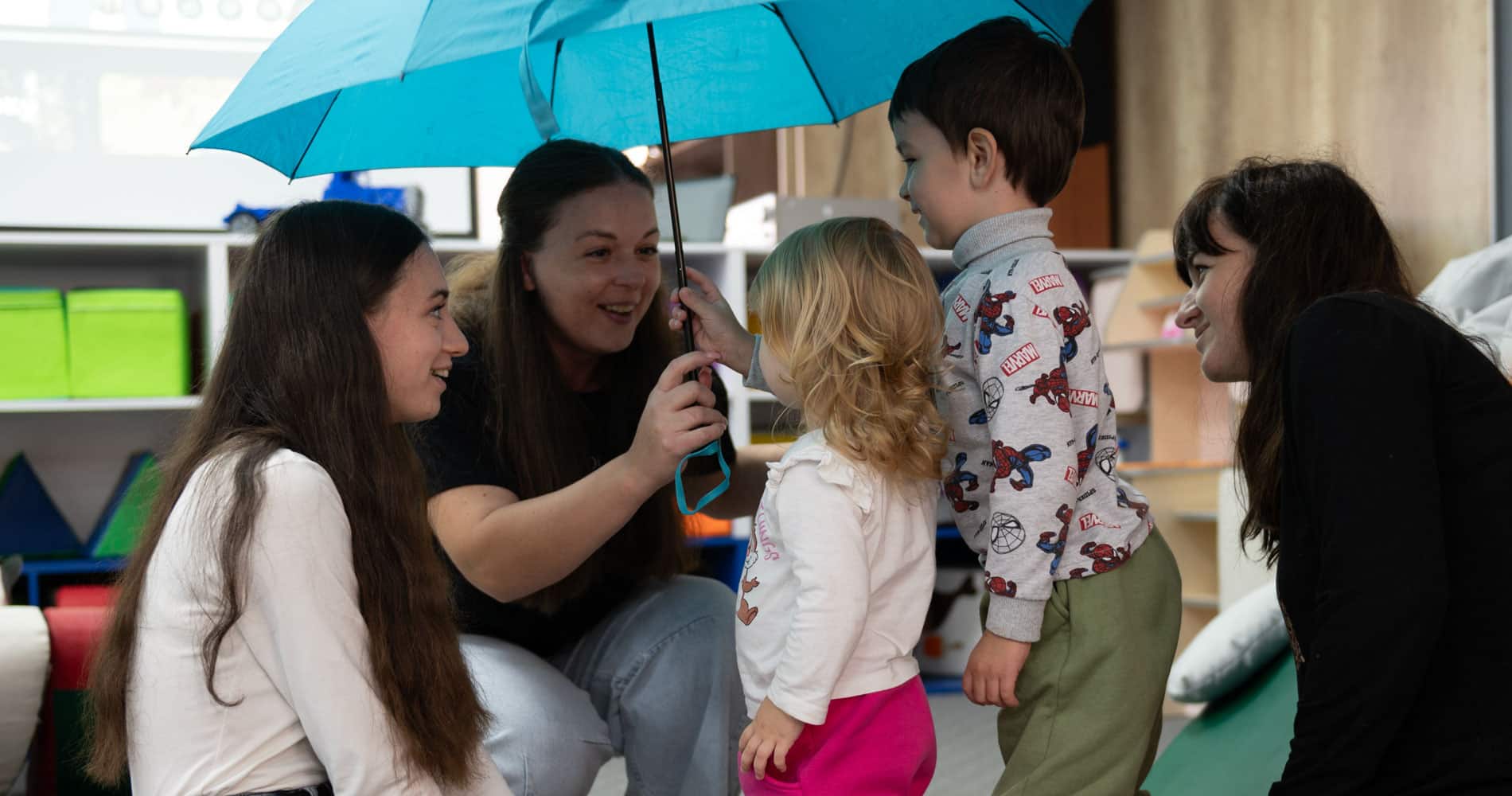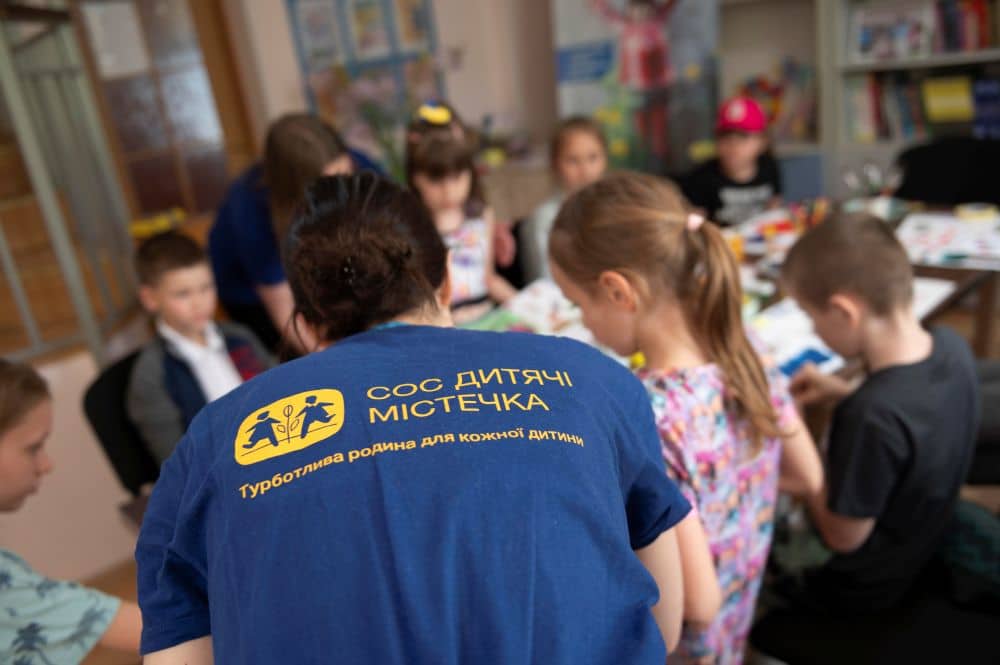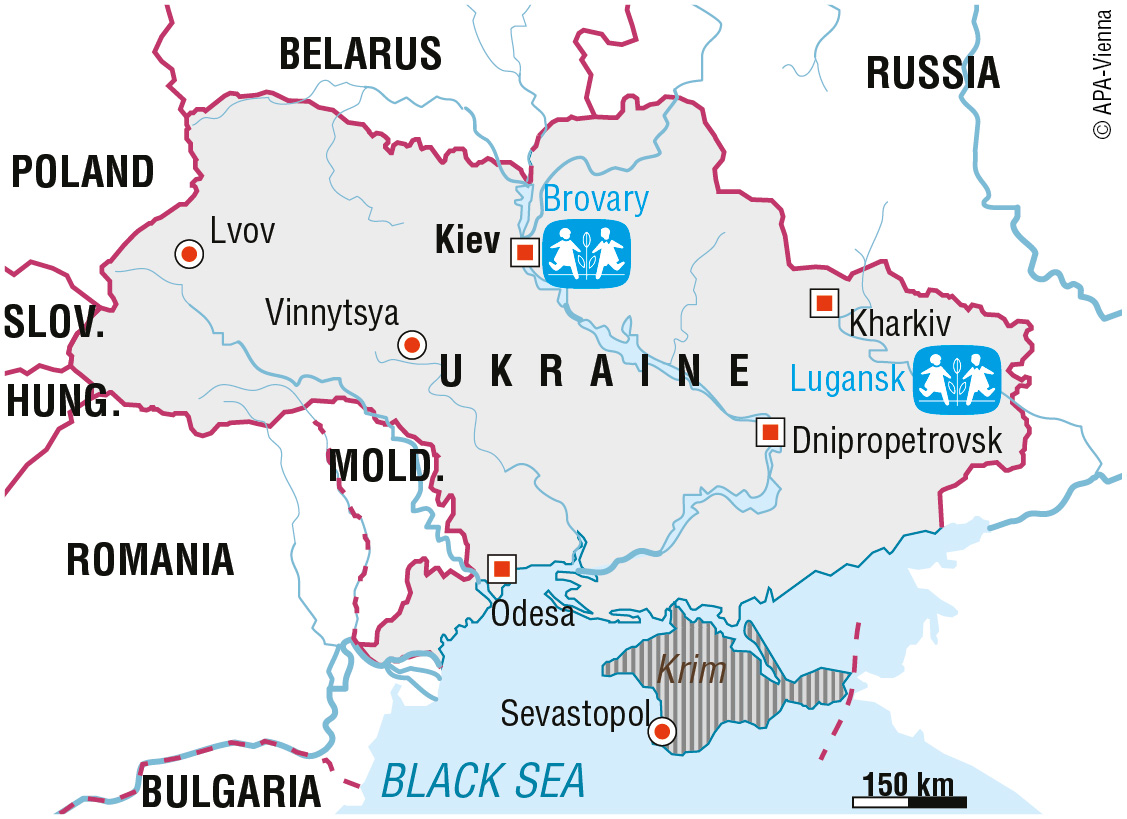
Vi er i Ukraine
Families struggling to cope with political and economic changes
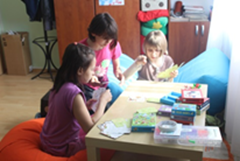
Ukraine, with a population of 44 million, is Europe's second largest country. Kyiv, the capital, is home to around three million people (2022 estimate).
Most of the population is Ukrainian, with Russians being the biggest minority – they account for 17 per cent of the population. The official language is Ukrainian, but Russian is still widely spoken, particularly in the areas bordering Russia.
In recent decades, Ukraine has lived through many political, economic and social changes. This uncertainty has had negative effects on the lives of families and children, and their situation has been particularly difficult since the fighting began in the eastern areas of the country in 2014.
The whole country has been adversely affected by the current conflict: for example, in 2015, both unemployment and poverty rose. The prices of food, basic goods and utilities (such as gas and electricity) have risen and many families find it hard to live off their reduced wages.
Life is especially tough for those who have been caught up in the conflict.
Poverty and lack of health care affects many people
Over the past decades, many Ukrainians have moved abroad in search of a better life. The remittances they send back to Ukraine are an important part of the economy. Among those who have moved are medical staff – this has left the Ukrainian health care system in difficulties.
In comparison to its European neighbours, Ukraine has one of the lowest life expectancy rates. It was 69 years of age in 2014. The reasons for this include: environmental pollution, poor diets, smoking and drinking and a health care system in need of investment.
Another health issue is also a problem: the HIV/AIDS rate is one of the highest in Europe and it is growing fast. In many cases, as parents become ill or die, relatives are unwilling to look after children and they are placed in care.
Children's lives are affected by poverty
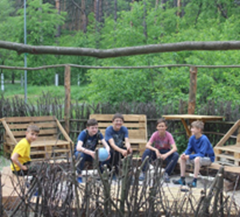
There are nearly eight million children living in the Ukraine. An increasing number of children are being brought up in single-parent households where the parent may struggle to care for their children. This is especially hard in rural areas, where young women who have children out of marriage face discrimination. These children are at a higher risk of living in poverty and ending up in care.
In 2015, there was an increase in the number of children without parental care. Most of these children are placed in large institutions, where their needs are not met.
SOS Children's Villages in Ukraine
As stated above, the information below refers to the activities we have been carrying out in the country since 2003. Due to the current conflict, our activities are already changing to provide specialised support in this emergency situation.
Strengthen families: Since 2003 we have been supporting families who are at risk of breaking down. The help we provide varies depending on the needs of each family but can include counselling, social and material support. Due to COVID-19 and the political situation, much of this support is provided remotely wherever possible.
Care in families: Children without parental care find a loving home in one of the SOS families. The families have the legal status of "foster families" and receive all the support they need from SOS Children's Villages. We also provide short-term care for children in crisis situations. The children stay with us (usually less than six months) until they can return to their families, or move to another form of family-based care.
Emergency assistance: We support both families who are living in the conflict areas and those who have been internally displaced. We provide medical, educational and social support. The need for psychotherapy tripled after autumn 2015. In spite of the dangerous working conditions we have continued to support families in the Lugansk region. Our support in 2022 will adapt to the changing situation.
Support for young people: We provide young people with support and advice until they are able to live independently.
Advocacy: SOS Children's Villages works with the government and other agencies to promote social reform that improves the rights of children in the country.
Website of SOS Children's Villages Ukraine
(available in Ukrainian)
